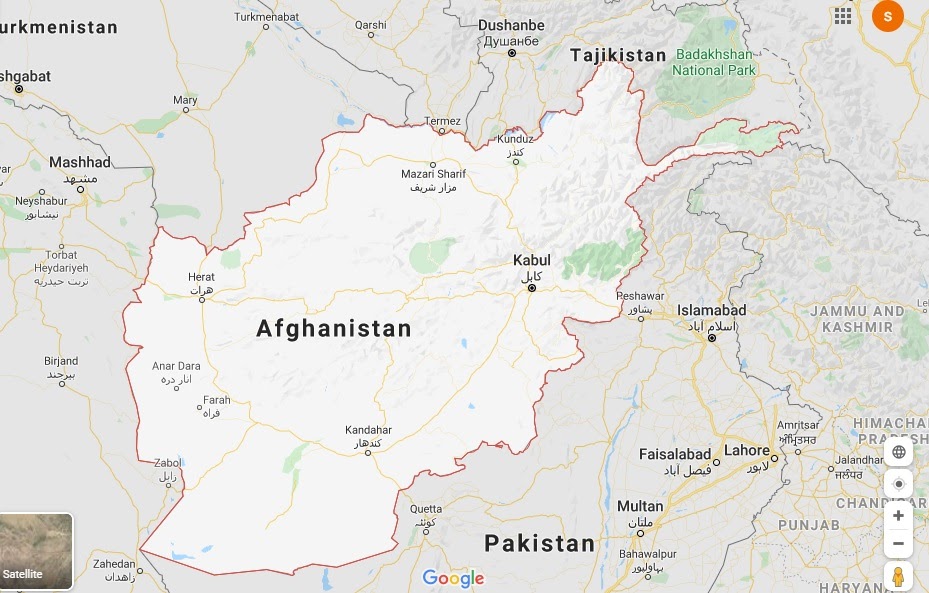International Relations
Afghanistan’s Power Sharing Deal
- 18 May 2020
- 4 min read
Why in News
Recently, Afghanistan’s President Ashraf Ghani and his political rival Abdullah Abdullah have signed a power-sharing agreement.
Key Points
- Power-sharing deal
- According to the deal, Mr. Ghani will remain as president while both Mr. Ghani and Mr. Abdullah will choose an equal number of ministers in the cabinet.
- The deal calls for Abdullah to lead the country’s National Reconciliation High Council.
- The Reconciliation Council has been given the authority to handle and approve all affairs related to Afghanistan’s peace process including the peace talks with the Taliban.
- Background
- The deal has been signed two months after the presidential election dispute that arose in September 2019 between Mr. Ghani and Mr. Abdullah.
- The Election Commission declared Mr. Ghani to be the winner of the presidential election, but Mr. Abdullah and the Elections Complaint Commission charged widespread voting irregularities in the election.
- Following which, both declared themselves the winner of the presidential election and have been locked in a power struggle since then.
- U.S.- Taliban peace deal:
- Earlier, a peace deal between the U.S. Government and the Taliban was signed on 29 February, 2020.
- The deal calls for U.S. and North Atlantic Treaty Organization (NATO) troops to leave Afghanistan.
- The U.S.-Taliban peace deal is seen as Afghanistan’s best chance to come at peace in decades of war.
- Since then, the U.S. has been trying to get the Taliban and the Afghan government to begin intra-Afghan negotiations, but the political turmoil and personal hostility between Mr. Ghani and Mr. Abdullah has impeded talks.
- This prompted the U.S. Government to announce that it would cut $1 billion in assistance to Afghanistan if the two weren’t able to work out their differences.
- Earlier, a peace deal between the U.S. Government and the Taliban was signed on 29 February, 2020.
- India’s Stand
- India has welcomed the power-sharing deal between President Ashraf Ghani and his rival Abdullah Abdullah.
- It hope that the power-sharing deal will result in renewed efforts for establishing enduring peace and stability, and putting an end to externally-sponsored terrorism and violence in Afghanistan.
- Importance of Afghanistan for India:
- Afghanistan's main advantage is its geography.
- Anyone who controls Afghanistan controls the land routes between the Indian subcontinent, Iran, and resource-rich Central Asia.
- Economically, it is a gateway to the oil and mineral-rich Central Asian republics.
- Afghanistan has become the second-largest recipient of Indian foreign aid over the last five years.
- India has become more and more popular in Afghanistan, not only because of its soft power, but also by setting up infrastructure, including hospitals, roads and dams, and contributing to the fabric of a democratic nation-state.





